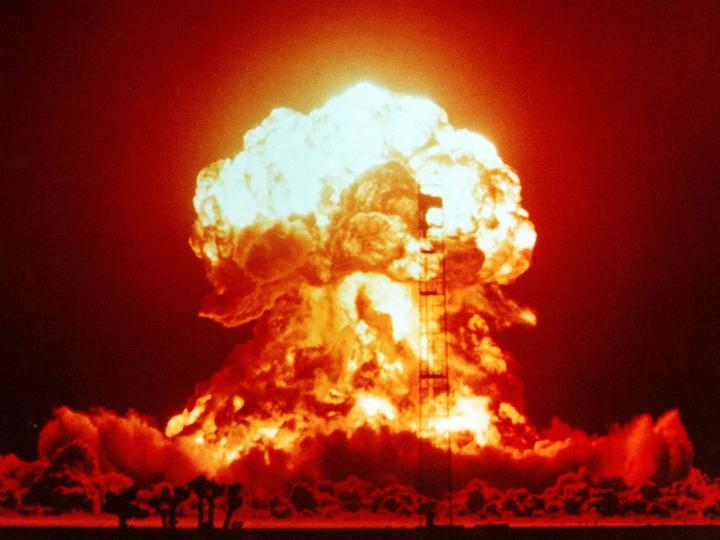Nuclear issues will remain relevant until the end of the war in Ukraine
 The situation got worse
The situation got worse

Or until the end of its non-nuclear phase. However, some countries in the region are already ready to abandon non-nuclear status for security and political prestige.
On October 5th, Polish President Andrzej Duda announced his country’s interest in participating in joint NATO nuclear missions, implying the adaptation of Polish Air Force aircraft to use American B61 atomic bombs, 100 of which are currently stored in Europe, split between five NATO countries. National prestige is one of the motives for Warsaw’s interest in these missions. The United States has already stated that there are no plans to expand the list of participants in joint nuclear missions.
In response to Polish nuclear ambitions, Lukashenka stated that he and Vladimir Putin would consider how to react to this. It is significant that on August 26th, Lukashenka alleged that further to his June agreements with Putin, Belarusian aircraft were already adapted to use Russian nuclear weapons. There has been no comment from Russia on the matter.
During the Cold War, Soviet-Polish agreements provided for the transfer of nuclear weapons to the Polish army in the event of a conflict between the Soviet bloc and NATO. For this purpose, up to 300 munitions were stored in Poland, so Warsaw has historical experience as a “semi-nuclear” power.
Meanwhile, Lukashenka has repeatedly regretted Minsk’s renunciation of its part of the Soviet nuclear arsenal.
We are witnessing a retreat from the idea of preserving the nuclear-free status of the countries of Central and Eastern Europe. Pro-nuclear rhetoric in one form or another will continue to be exploited by politicians in the region, often without direct reference to the military situation, but rather in terms of misconceived political prestige. This new “normality” will persist until the Russian-Ukrainian war ends or assumes a nuclear character itself.
Subscribe to our newsletter




Situation in Belarus
Constitutional referendum: main consequences


 Video
Video
How to count the political prisoners: are the new criteria needed?


 Video
Video
Paternalism In Decline, Belarusian Euroscepticism, And The Influence Of Russia


 Video
Video












